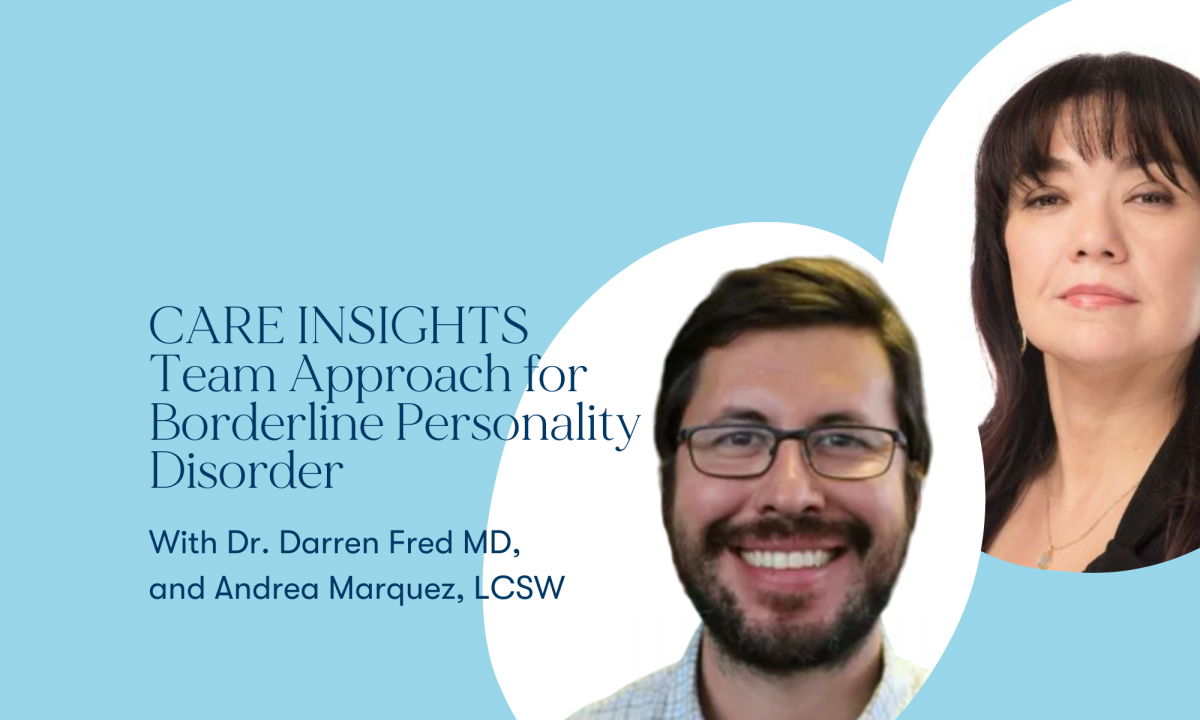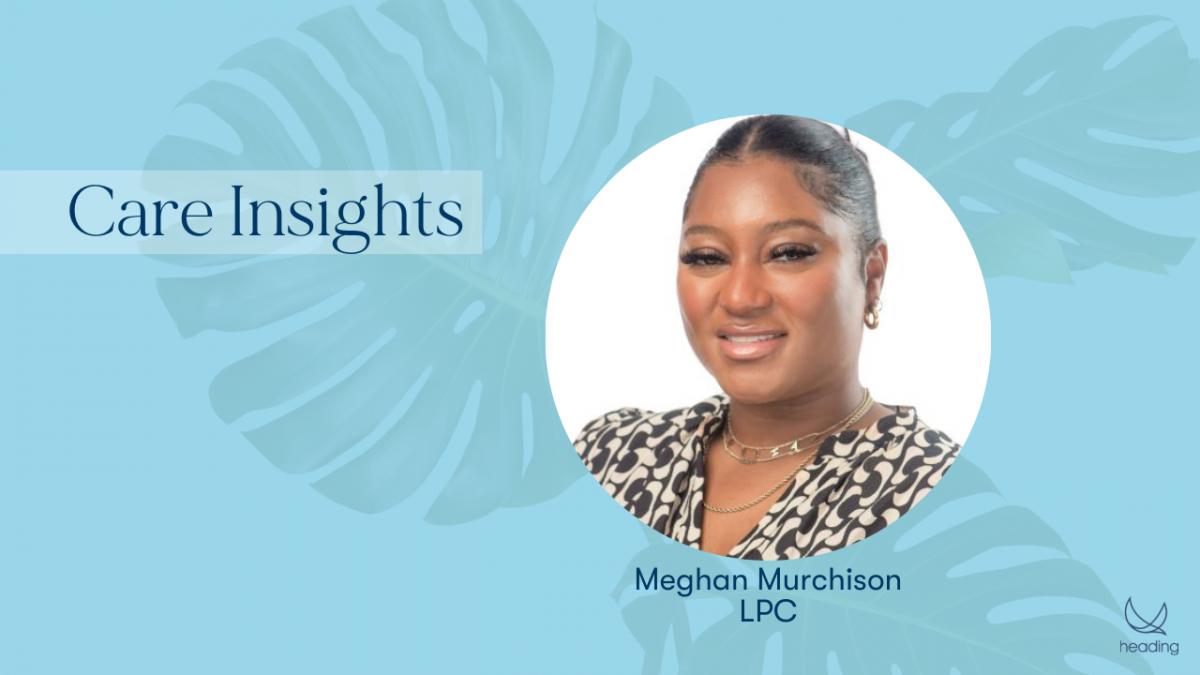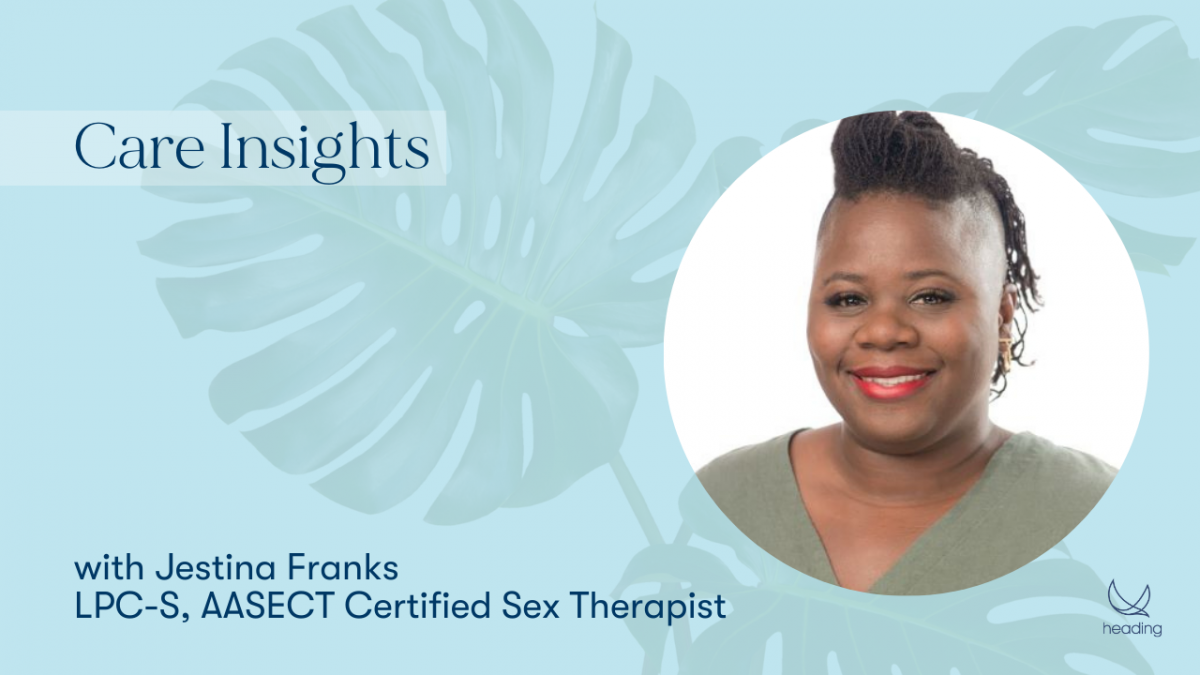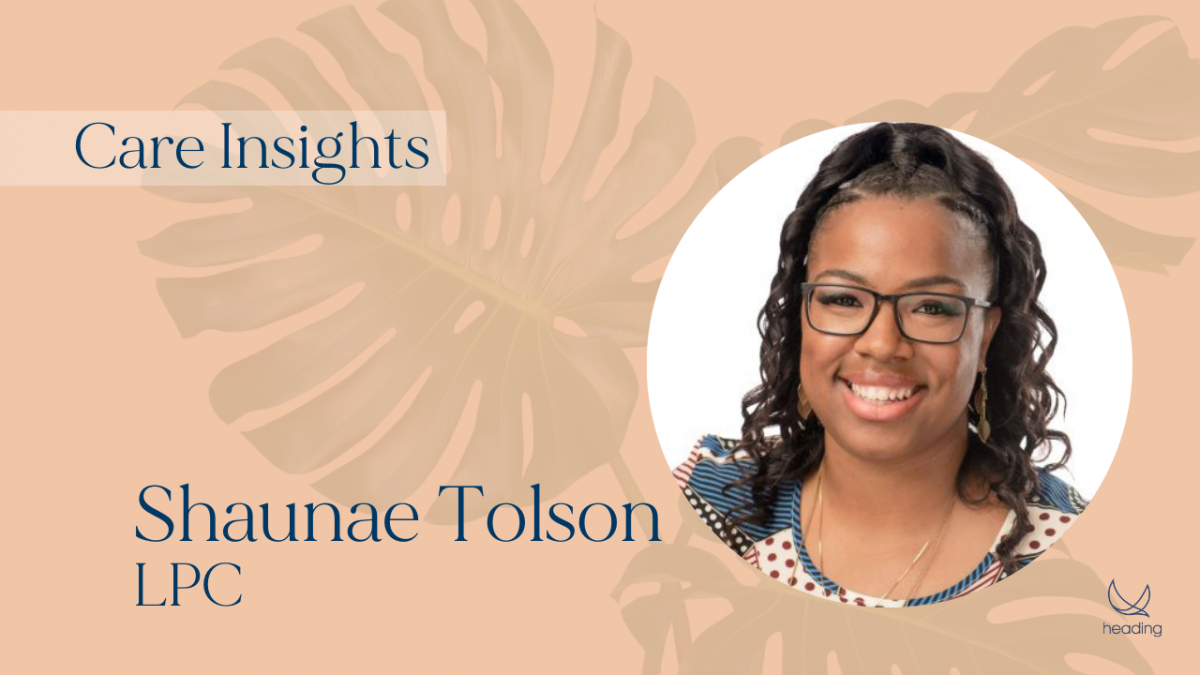Agism in Mental Health with Dana Ebeling, PMHNP
Agism in Mental Health
with Dana Ebeling, PMHNP
Dana Ebeling is a psychiatric nurse practitioner who advocates for better mental health care for aging and elderly and works with Heading a mental health provider with locations in Austin and Dallas-Fort Worth.
With over 30 years of healthcare experience, including working as a medical director of a nursing home, her work has taught her the importance of resilience and valuing the unique life experiences of each individual.
In this article, we explore Dana’s expertise in psychiatric care for the elderly, including the unique challenges faced by this population, supporting anxiety and depression especially when they cooccur with physical diagnoses, and the importance of collaboration between mental health professionals and primary care providers.
The heart she brings to care is coupled with a passion to ensure that mental health is not overlooked as people age. Good care of wellbeing and emotional landscape of a person’s life cannot be overshadowed by physical health, and Dana discusses how they go hand in hand.

Resilience and Time
Dana has a deep appreciation for the resiliency of the elderly population. She believes that time on Earth and lived experiences shape who we are, and that the elderly have a unique perspective on life. The wisdom of her patients is something Dana felt blessed to witness when she started her career as a young nurse.
To kick off the interview, Dana shared a story about one of her patients, a woman she calls Jewel, to illustrate this point:
“Jewel was one of the first patients I ever worked with as a young nurse. She suffered multiple fractures from a head-on motor vehicle accident. She was determined to get well and worked hard every day, despite chronic pain, nausea, fatigue. Yet, she was always so concerned about me, her nurse. ‘Was I working too much overtime?’ ‘Did my family need me at home?’ She was so kind and also so determined. She made a full recovery and was discharged to home.”
Dana noted that she would meet Jewel again over the years, as her husband became ill and he eventually passed away. Then, Jewel herself became ill and moved to a nursing home. Despite her own struggles, Jewel always focused on others. Dana shares one of their conversations:
“[Jewel and I] would sit together and chat about growing old, what it was like to give up your home and move to a nursing home, struggles with living with chronic illness and kidney disease. Yet, in all this, I noticed she continued to focus on others even as her own health was failing.”
When asked what she learned from this experience and what she wished more mental health care providers would consider to better serve the elderly, Dana went back to why she began to specialize in this area in the first place.
Unique Challenges in Psychiatry and Therapy for the Elderly
In her experience as a nurse, Dana found mental health to be a crucial aspect of aging that is often overlooked. In fact, it was her experience as a medical director at a nursing facility, as well as her time spent in acute rehab facilities, that inspired her to seek the mental health route as the next phase of her career.
“Mental health focuses on aging as a normal part of life. We can experience loss, trauma, symptoms of depression, anxiety at any age. Mental health professionals should value the individual, not the ‘age’.”
Dana stressed that an assumption of life experience, including adverse life experience, as part of the norm – in addition to physical illnesses often becoming more prevalence – the care aging patients are provided heavily focuses exclusively on their physical decline and often ignores their emotional wellbeing.
This brings up one of the biggest challenges in mental health care for the elderly – the increased prevalence of medical conditions and chronic illness in older adults. This requires providers to maintain close collaboration with other members of a patient’s medical team. Dana explained, “Often with aging, there is an increase in medical conditions that may require close collaboration and consideration when prescribing psychiatric medications.”
“Chronic illness and depression, and pain and depression are like bad marriages. It doesn’t mean these things aren’t linked, but that also doesn’t mean the depression shouldn’t be addressed for what it is – and that’s what’s important. We can’t chalk their depression up to ‘just getting old.’ We have to dig in and really get concerned about quality of life,” Dana suggested.
Generational Stigma
Dana also notes that there is often a stigma around mental health in older adults. She shared, “Mental health care providers need to consider that their patients may have grown up in a society where mental health was not discussed or considered at all.”
However, she did note that she has seen a shift in attitudes over her 30 years in healthcare, with adult children often encouraging their parents and grandparents to seek help.
Dana added, “I think the most important thing is to listen to their story, to be compassionate, and to meet them where they are at. It’s really about building that relationship, building that trust, and being a partner with them in their healthcare journey.”
In terms of specific approaches to working with older adults, Dana suggests taking the time to understand their cultural backgrounds and how that might impact their attitudes toward mental health. “There’s a lot of diversity and generational differences within the older adult population,” she says, “and it’s important to recognize that and to approach each person with an open mind and an open heart.”
Combating Agism in Healthcare and Mental Health Care
“I think ageism is fairly present across all medical disciplines in some capacity,” Dana shared. “Ageism is also prevalent in society. American culture tends to idolize the physically young and strong. Growing old is considered a weakness because, well, our bodies do age – but that doesn’t mean life is over. If you read stories by centenarians, you find commonalities like a continual interest in life, learning, socializing, and engaging in the community. A continued pursuit of life!”
Research confirms Dana’s findings too. In fact elderly populations living with mental health conditions report feeling age discrimination twice as often as their counterparts without mental illness. Additionally studies have shown that people 60 years of age and older who have previously experienced agism are more likely to develop signs of negative mental health and more likely to experience depressive symptoms, and anxiety.
They also may begin to anticipate agism occurring in their interactions which could impact the quality of relationship built with their providers – especially as advances in technology continue to change the delivery of care, and as provider shortages continue to stress and already pressured medical community.
Continued education, research, and proactively seeking feedback can be helpful for providers to address any gaps in care or blindspots they may have when it comes to offering care to those in later stages of their life. Opportunities exist in virtual care as well including finding ways to support older patients as they navigate technology. Virtual care can improve access for those who live rurally or are less mobile, but the technology and care team support must be there as new systems are learned.
“This work is incredibly rewarding for healthcare providers. Working with patients who have wisdom and life experience is an honor. We should offer extra support, and consider it a privilege not only to provide care but also to learn from them,” Dana concluded.
Wise words, indeed.





















